Proven Ways To Treat Dehydration
Inadequate fluid intake and increased fluid needs can lead to dehydration. Symptoms of dehydration include thirst, dizziness, fatigue, and fainting. The complications of dehydration can be fatal and include kidney failure and coma. Feelings of thirst occur with slight dehydration while dark urine reveals a larger fluid deficit. Treatment should be implemented as soon as symptoms are recognized. Explore the best possible ways to help treat dehydration and prevent it from occurring again.
Oral Rehydration Therapy
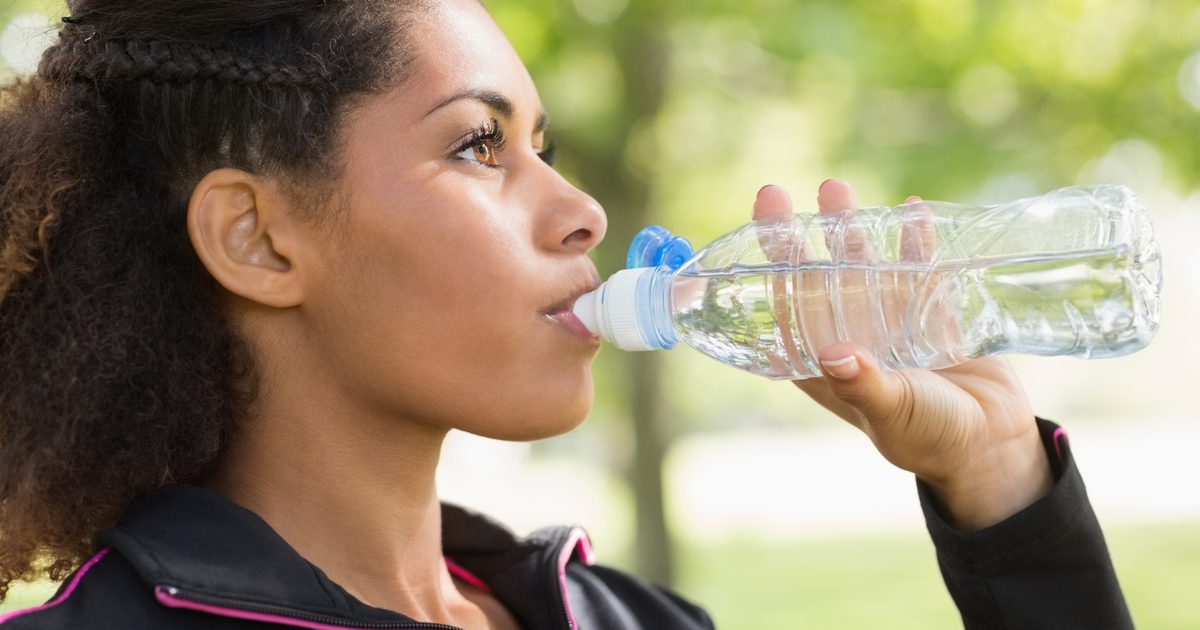
The first line of treatment for dehydration is to increase oral intake of fluid. Simply drinking water with the first sign of thirst is appropriate, but more severe dehydration will require oral rehydration therapy (ORT). Oral rehydration therapy consists of consuming small amounts of electrolyte-containing, clear fluids, such as broth or sports drinks, on a frequent basis. Electrolytes, such as sodium and potassium, are minerals that help direct fluid in the body. These are required in order for the cells to absorb and utilize the water being consumed.
Treat Underlying Factors
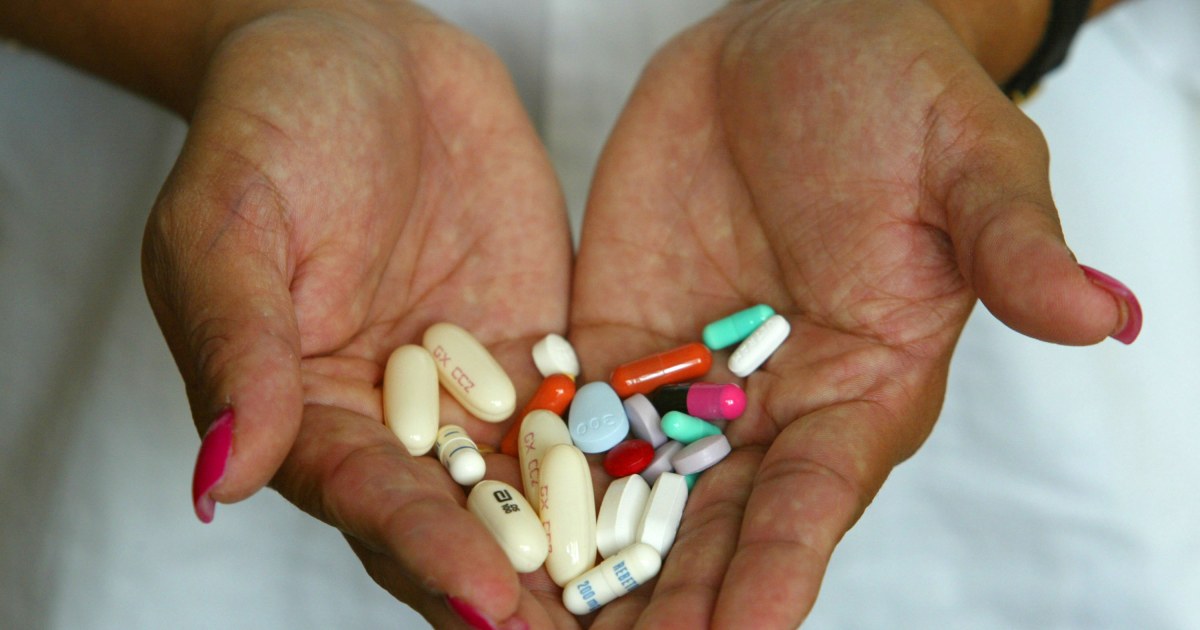
Severe dehydration is often caused by excess fluid loss associated with fever, vomiting, and diarrhea. Halt the excessive fluid loss by treating these underlying issues with a variety of resources. Over-the-counter medications, such as loperamide, can address diarrhea, while acetaminophen or ibuprofen can reduce a fever. Shorten the duration of the overarching illness by seeking medical treatment upon the first sign of these symptoms. Early medical treatment reduces the risk of severe dehydration.
Regulate Body Temperature
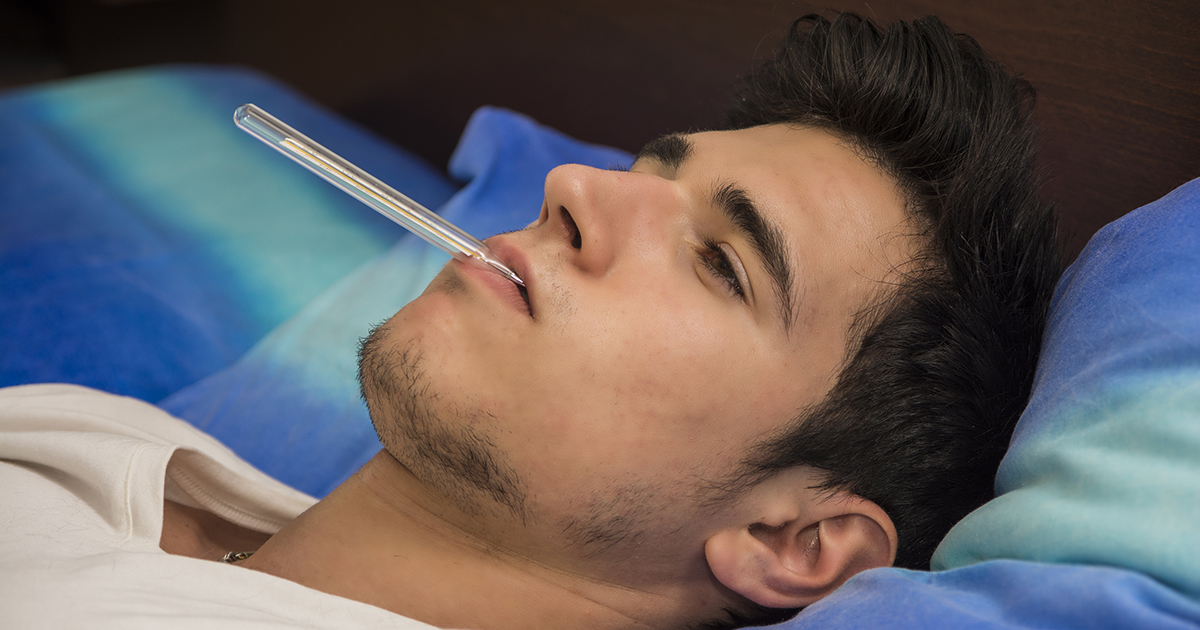
One of the main functions of water is to assist the body with temperature regulation. High internal temperatures increase fluid needs. To address this, take other steps to bring the body temperature to the normal range. Remove excess clothing and ensure the ambient temperature is cool. This may require the use of air conditioning, shade, and fans. In dry climates, it may be necessary to mist the skin with water. Avoid exposing the skin to very cold temperatures, such as in a cold shower or with ice, since this will promote shivering, which increases body temperature.
Intravenous Rehydration
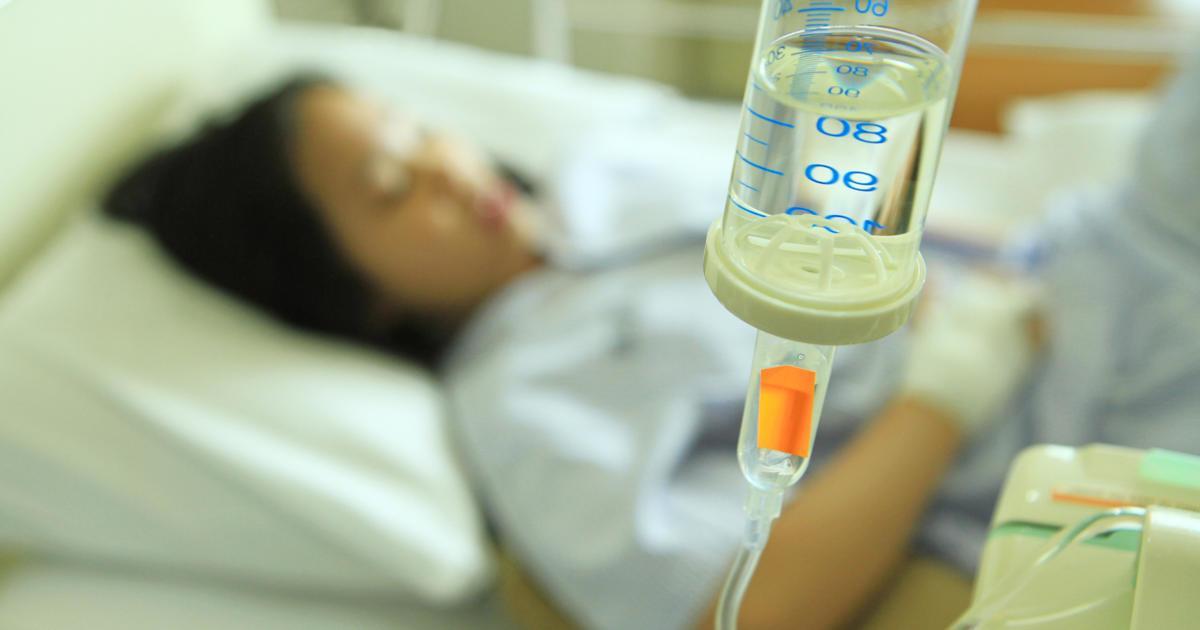
Medical treatment of severe dehydration includes intravenous (IV) rehydration, in which a saline solution is injected directly into the body's circulatory system. Medical professionals determine the exact composition of the IV solution to address the electrolyte and fluid needs of the patient. A catheter tube is inserted into a vein in the arm, while the saline solution is hung in a bag above the arm. The solution is absorbed at a slow rate while the composition of the blood is being monitored by the medical staff. The quantity and composition of the saline solution depend on the internal body chemistry and the severity of dehydration.
Drink Sports Drinks
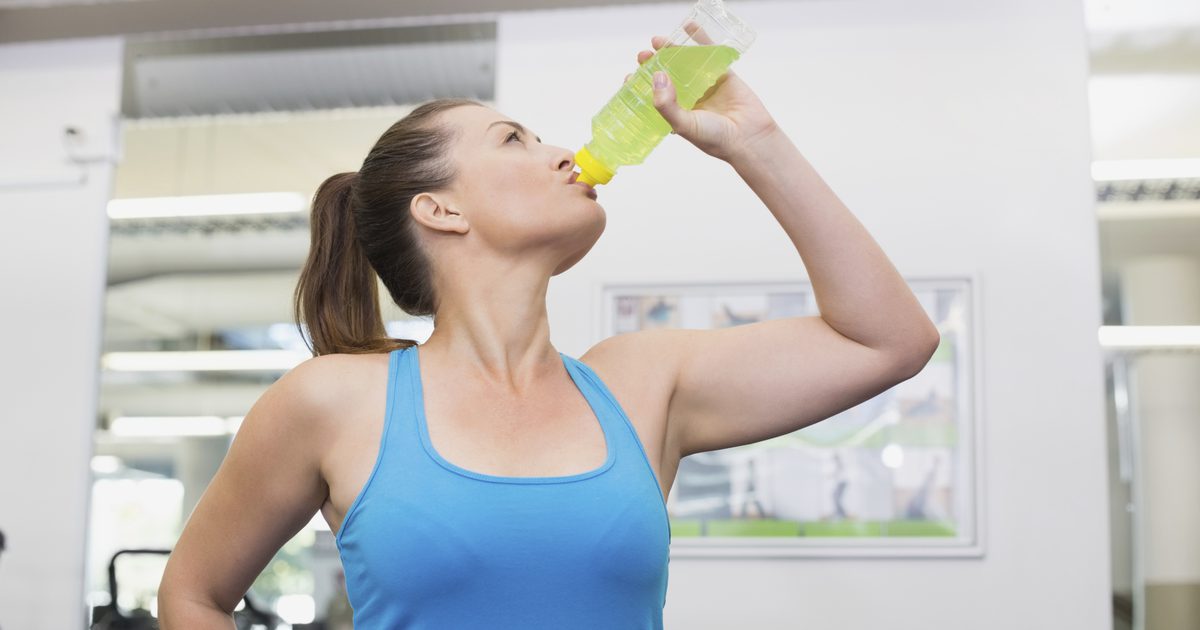
When spending long periods of time out in the heat or exercising intensely, it is often a good idea to drink sports drinks rather than sticking to water. Ideally, the sports drink should have some carbohydrates as well as electrolytes. Electrolytes are minerals with a positive or negative charge. They include sodium, potassium, magnesium, calcium, phosphorus, and chloride. Electrolytes are important for regulating a number of functions in the body, and they allow the muscles to work properly. Individuals lose electrolytes, along with water, when they become dehydrated through sweating, vomiting, or diarrhea. This is why sports drinks are often better to drink than water for individuals playing outdoor sports and for those who have a stomach virus.
Stay Out Of The Heat
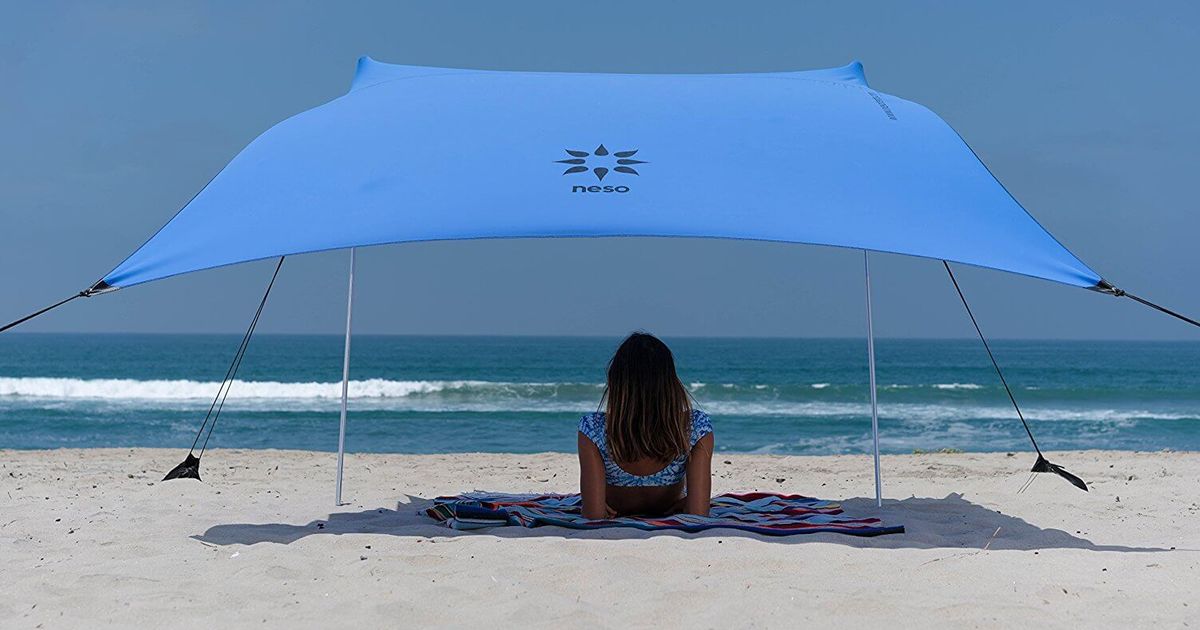
One of the most important things individuals can do to avoid or treat dehydration is to stay out of the heat. Humans sweat as a natural response to heat; it helps cool down the body. However, sweating excessively can deplete fluid from the body. One potential consequence of this is heat stroke. This happens when the body becomes too dehydrated to produce enough sweat. Heat stroke leads to abnormally high body temperatures and can cause fainting and seizures. If an individual is already dehydrated, getting them to a cool location is as critical as replenishing lost fluids. It is not enough to simply have the affected individual drink more water or sports drinks if they are seriously overheated.
Try Eating Popsicles
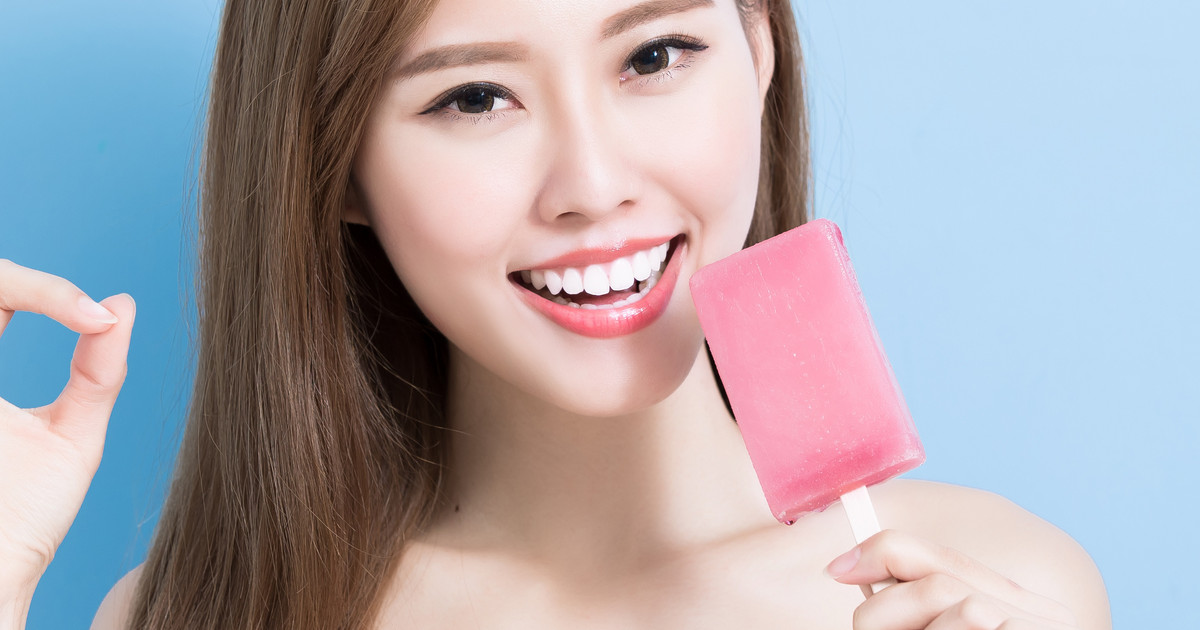
A dehydrated individual who cannot keep liquids down can try eating popsicles to treat the dehydration. Individuals can become dehydrated through vomiting, for instance, and may vomit up water or sports drinks. Popsicles provide some moisture and carbohydrates and are easier for individuals to handle if they are nauseated. If there are no popsicles on hand, sucking on ice cubes is another option. Individuals should not munch on ice cubes, as this can damage the teeth. Popsicles and ice cubes will hydrate an individual much more slowly than drinking water. However, getting hydration slowly from a popsicle is better than forcing down a whole cup of water if that is more than the sick person can handle.
Spray Water On The Skin
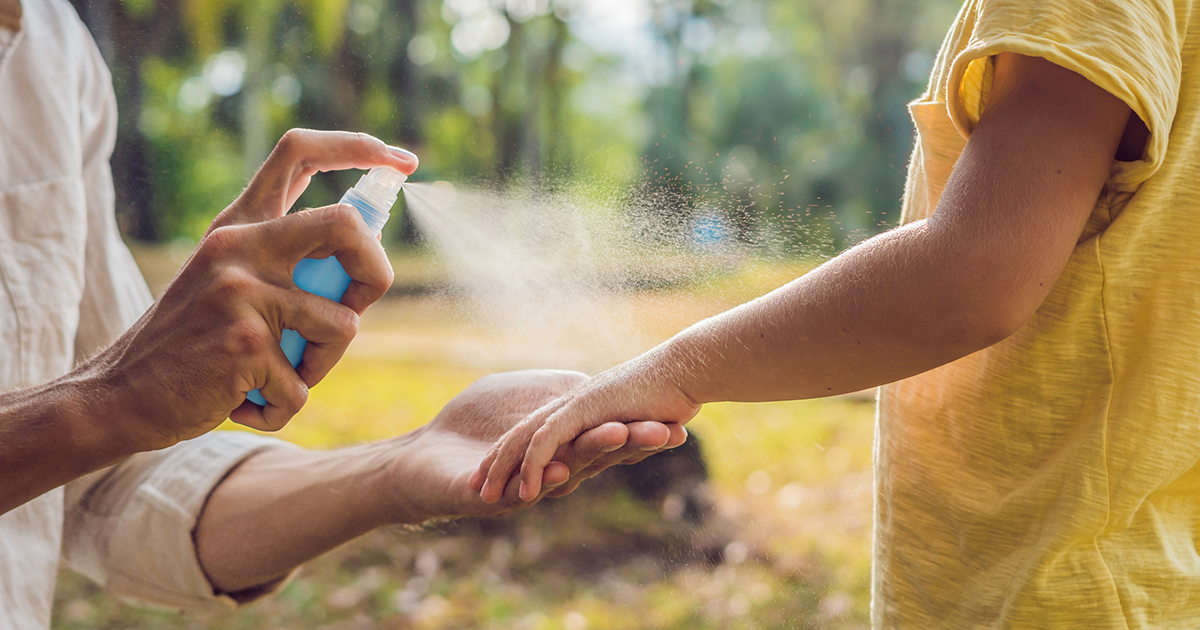
Individuals can spray water on the skin to keep themselves cool in hot weather. This helps them avoid losing fluid through sweat. Excessive sweating is one of the major reasons individuals become dehydrated while spending time in the heat or exercising intensely. Sweat evaporates off the skin, cooling someone down. It is a natural process that helps individuals survive in hot environments without overheating. However, sweating too much without replenishing fluids can easily lead to dehydration. In addition to drinking plenty of water and sports drinks, spraying or even pouring water on oneself can help prevent fluid loss in the first place. The water will evaporate off the skin and create a cooling effect, essentially working like sweat. It is even better if the water is cold.
Avoid Restrictive Clothing
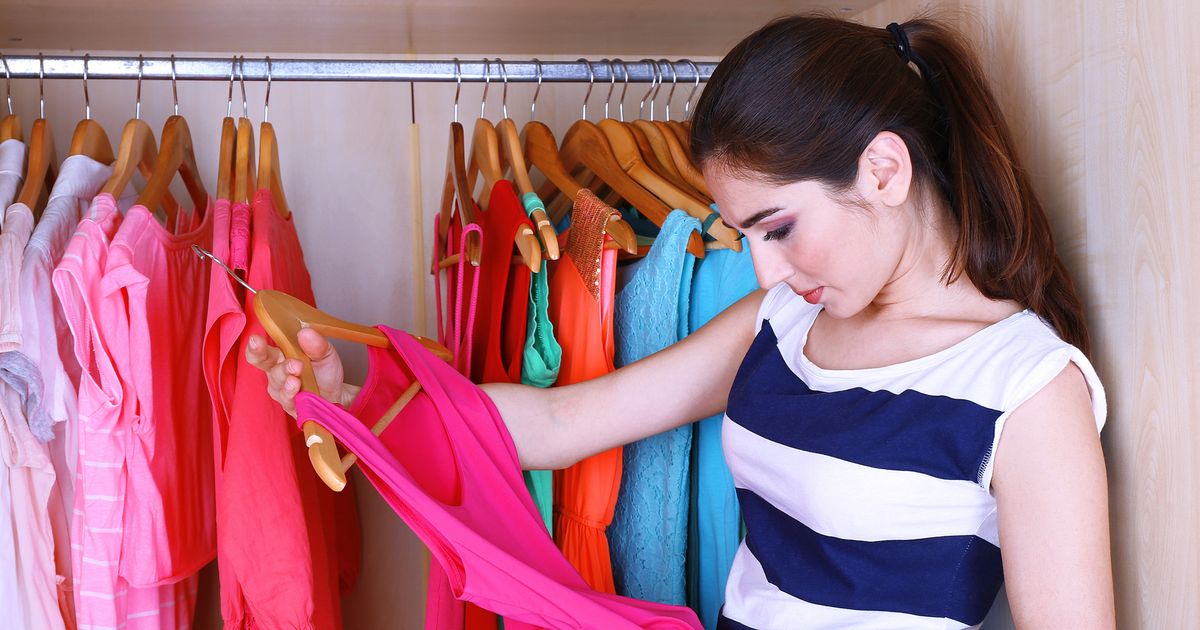
It is best to avoid restrictive clothing when spending time in hot weather, especially if one is working out. Loose clothing helps individuals avoid overheating. It allows air to flow across the skin, which keeps the skin cool and helps evaporate sweat. On the other hand, tight and restrictive clothing will trap sweat in and prevent the body from cooling itself off naturally, leading to serious problems like heat stroke. In addition to wearing loosely fitting clothing, wearing light-colored clothing is a good idea when spending a lot of time in sunny weather.
Prevention
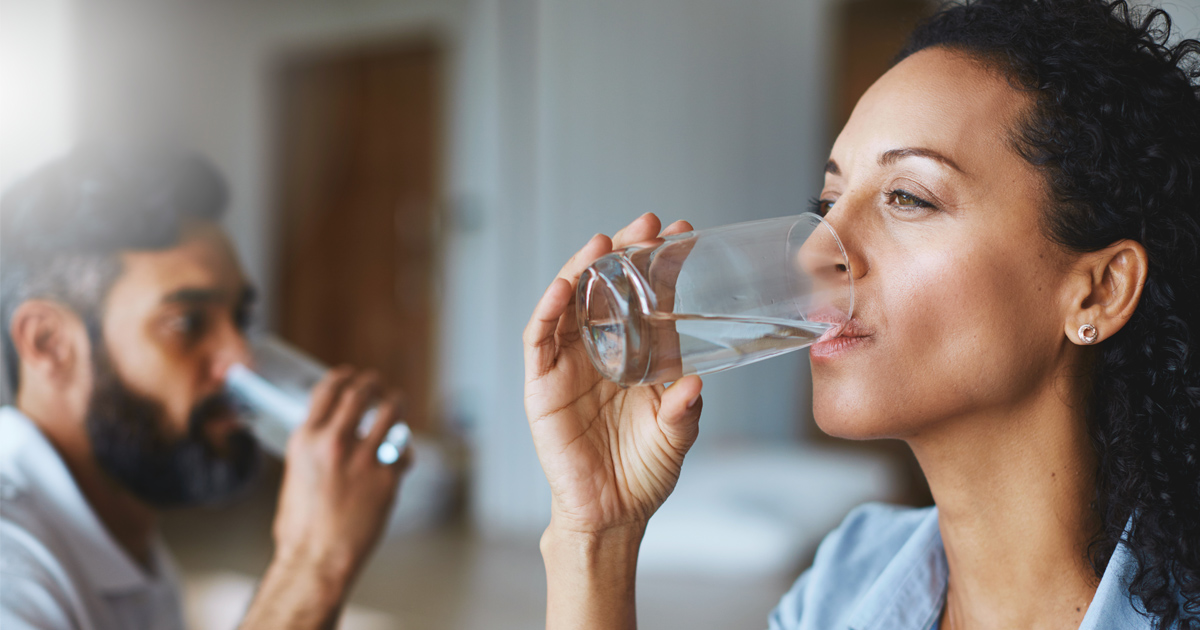
The best treatment for dehydration is prevention. Consuming adequate amounts of fluid on a regular basis and in response to circumstances of increased needs. An average, a healthy adult should consume eight glasses (of eight ounces each) of water every day and eat two servings of fresh fruit and three servings of fresh vegetables, which are also a great source of dietary fluid. More fluid is necessary for the body when exercising, consuming alcohol, visiting a warm climate, or when an individual is ill. Essentially, any situation that increases the body's sweat, breath, and urine output. Urine color should never be darker than slightly yellow, and if it is, this could be an early sign of dehydration, therefore the individual should begin consuming water or any clear fluid immediately.
